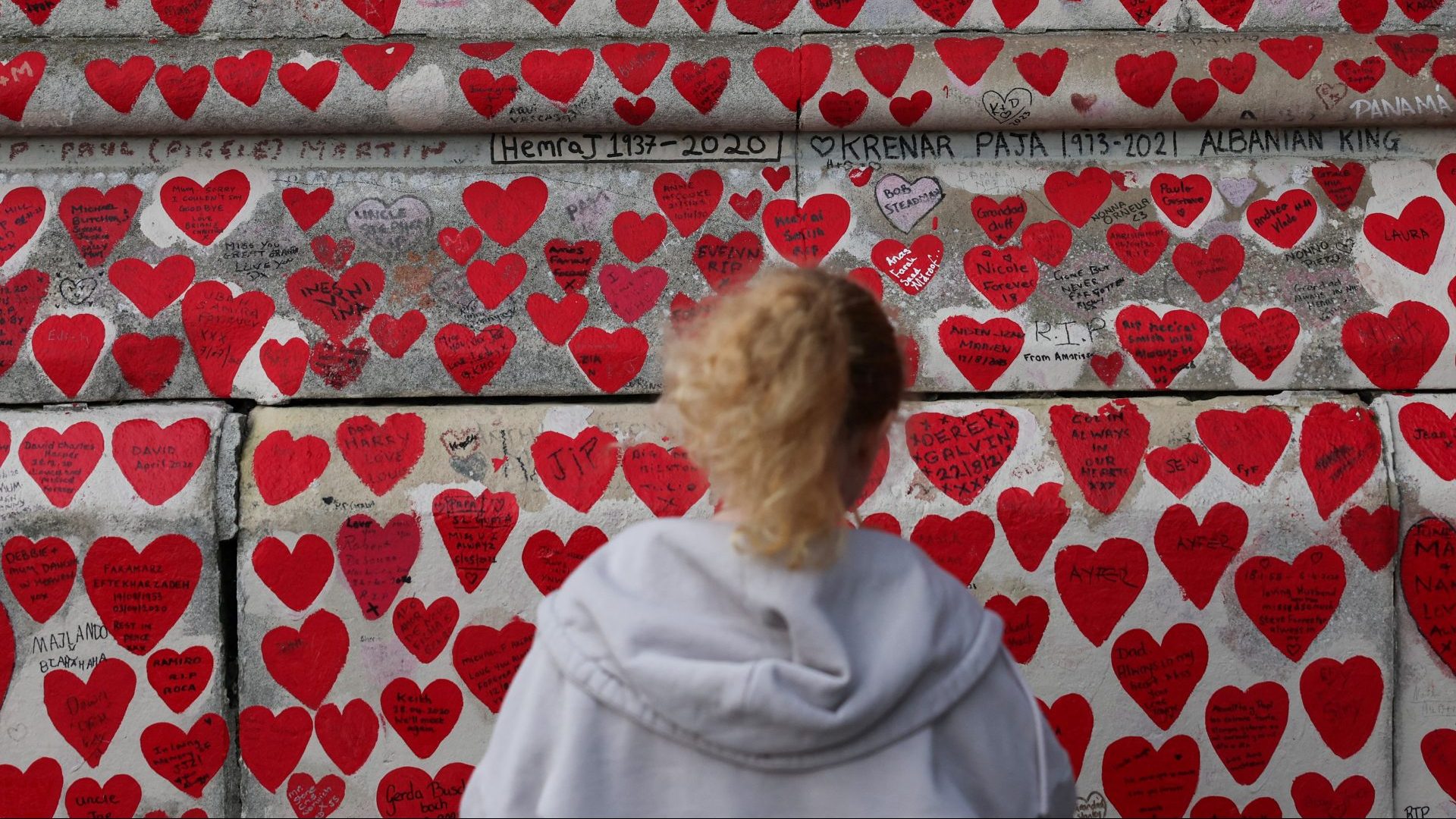You’d be forgiven for having given the Covid inquiry a wide berth so far. It has, after all, been quite comically depressing. Boris Johnson, then running the country, asked if one could get rid of the coronavirus by blowing some hot air up one’s nose. He apparently suggested being injected with the virus on live television.
He wasn’t the only problem, of course. The possibility of asking people to hold “chickenpox parties” went around No10. Dominic Cummings spoke to and about women in an often misogynistic and nearly always rude and dismissive tone. Rishi Sunak’s Treasury was nicknamed “the pro-death squad”, such was its willingness to save money, whatever the human cost.
Really, if you do not have to watch the evidence sessions for your job, there is no reason why you should choose to voluntarily tune in. It has been depressing and infuriating – usually both at the same time. On top of everything else, no one likes to be reminded of those awful, awful 18 months.
Still, I feel the need to ask: should we really be looking away? Should we keep more or less pretending that the pandemic and the lockdowns never happened? Are we sure a stiff upper lip is the right course of action? Because I really am not.
I understand the urge to leave bad and traumatic events in the past, where they belong. It’s the most human impulse there is. It is also true that there is, in many cases, not all that much to talk about. How much great fiction or television can be made from the premise of “well we all stayed at home for months on end”? The pandemic was a disaster but it wasn’t a civil war, an occupation or global conflict. Most of it was dreadful, but nearly all of it took place on our couches, alone or with our housemates or relatives.
And still – still! – I can’t help but think that processing something means talking about it. Hundreds of thousands of people died and many others were left with a life-altering, long-term illness. Children missed years of their lives which were crucial for their development, and they will never get them back. Women who thought they still had some time to meet someone and get pregnant will now remain childless forever. Freshers never got to experience what it’s really like to be a fresher.
The list is endless; many, if not most of us, lost out on a lot in 2020 and 2021. Many of us developed fully fledged mental illnesses, from anxiety to agoraphobia, while others left the lockdowns with a problematic level of alcohol consumption, or deeply unhealthy eating habits.
Even if you were lucky and got out of it all relatively unscathed, it is unlikely that nothing in your life, or your brain, changed as a result of the pandemic. It knocked the entire world sideways. Why can’t we talk about it?
The Covid inquiry is a useful tool because politicians must be held accountable, and some lessons must be learnt for when we next head into another pandemic. It has been and will surely continue to be an unpleasant exercise, but it should be seen as an impetus for us all to look back on those years, to try to understand how they changed us, for better or worse.
I am, in all honesty, not entirely sure how we ought to go about it. Should it be a personal process? A local one? National? International? Should we be trying to look solely inwards, or attempt to reach out to others so we can work it out together? Should those others be the ones close to us, or perhaps strangers?
I won’t pretend that I have the answers to any of these questions. I do not. All I know is that I look at the person I am now and the person I was before March 2020, and they appear to me as two different women. I still bristle seeing some of the streets I used to walk down on my daily walks in lockdown, and seeing people wearing masks still makes me anxious.
I have changed and I know I’m not the only one; it would be absurd to have gone through something so big and scary and come out entirely the same. I think it’s something we should be talking about, or we’ll live to regret it.











